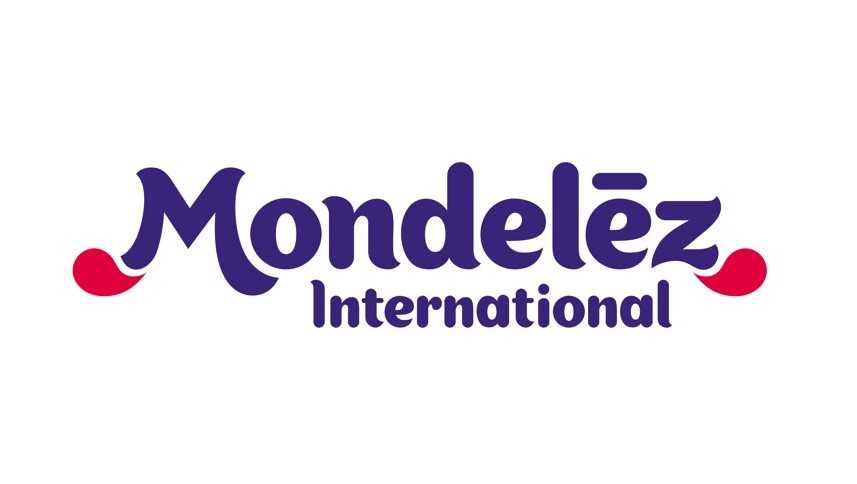Share your coffee stories with us by writing to info@comunicaffe.com.
DEERFIELD, Ill., U.S. – Mondelēz International today announced ambitious and industry-leading plans to protect and restore forests in cocoa-growing regions, in an effort to secure a sustainable future for cocoa by making farms more resilient to climate change. The plans cover the company’s two largest cocoa-sourcing markets, Ghana and Côte d’Ivoire, as well as our third largest, Indonesia.
Our commitment to sustainably-produced cocoa reflects the company’s purpose to empower people to snack right. As one of the world’s largest chocolate makers, the company has been using its scale to drive change in the cocoa supply chain for many years and launched its 10-year, $400 million Cocoa Life program in 2012 with the aim to reach more than 200,000 farmers across six countries.
“Our plans to combat deforestation in cocoa include a commitment to map 100% of the farms that supply Mondelēz International’s Cocoa Life program by the end of 2019,” said Cedric van Cutsem, Associate Director, Operations, Cocoa Life. “Mapping and monitoring farms will give us a deeper understanding of farmers’ needs so we can help drive effective change. In addition, our plans include financial incentives that will encourage farmers and communities to protect and renew forest areas.”
In 2015, Mondelēz International was the first company to raise the issue of deforestation in the cocoa industry at the COP21 summit in Paris and the first chocolate maker to sign Memoranda of Understanding (MoUs) with the governments of Ghana and Côte d’Ivoire.
“Mondelēz International is a key partner in the Cocoa & Forests Initiative in Côte d’Ivoire. Their action plan is in full compliance with the strategy of preservation, rehabilitation and scaling up adopted by the Government in January 2019,” said Alain-Richard Donwahi, Minister of Forests and Water Resources, Côte d’Ivoire. “I am impressed by their continued commitment to protecting and restoring forests, as demonstrated by this action plan. Together, we hope to create a dynamic and solid cocoa supply chain while transforming the livelihoods of farmers and their communities.”
As a founding member of the Cocoa and Forests Initiative (CFI), the company’s action plans align to the CFI’s three focus areas of Forest Protection & Restoration, Sustainable Production & Farmers’ Livelihoods and Social Inclusion & Community Engagement, and feature the following commitments:
- We are one of the first chocolate companies to commit to map 100% of the farms in our Cocoa Life program in key origins by end of 2019 to ensure that farmers are not operating in forested land. We’ve already mapped 70% of these farms, using Global Forest Watch to assess the risk of tree loss.
- We’re the first organization to introduce incentives in the form of Payment for Environmental Services (PES) agreements to a cocoa-farming context, encouraging farmers to protect and restore forests. We aim to have agreements with 33,000 farmers by 2022.
- We know that deforestation can’t be addressed through cocoa farmers alone, so we involve the whole community. By 2022, nearly 1,300 cocoa communities will have active forest restoration and protection programs through Cocoa Life.
“Mondelēz International is to be congratulated for recognizing the key role natural resource conservation plays to ensure sustainable livelihoods and the need for active community participation to protect local natural resources,” said David McLaughlin, Senior Advisor Strategy at Conservation International and a Cocoa Life advisor. “Landscape restoration is clearly going to be a vital element in confronting climate change and our hope is that others will follow their lead.”
For more information and details on our Cocoa Life Deforestation Action Plans, click here. The World Cocoa Foundation has also published the industry’s joined action plans, which you can view here.















